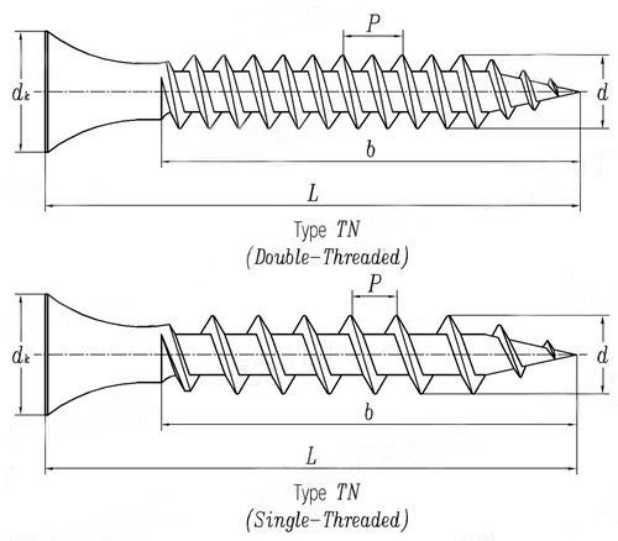Reliable Supplier of High-Quality Rebar Nuts for Construction and Industrial Applications
Aug . 10, 2024 09:35 Back to list
Reliable Supplier of High-Quality Rebar Nuts for Construction and Industrial Applications
Understanding Rebar Nuts A Comprehensive Guide for Suppliers
In the construction industry, ensuring structural integrity and safety is paramount. Among the myriad of components that play a vital role in concrete structures, rebar nuts are essential for fastening and stabilizing reinforcement bars (rebar). This article aims to provide a comprehensive overview of rebar nuts, their importance, and what suppliers need to know about this crucial product.
What are Rebar Nuts?
Rebar nuts, also known as rebar connectors or rebar anchors, are specialized fasteners used in conjunction with reinforcing bars (rebar) in concrete construction. They are generally hexagonal in shape and designed to secure two pieces of rebar together or to connect rebar to structural elements like beams and columns. Rebar nuts come in various sizes and materials, typically consisting of steel or other durable metals to withstand the stresses of construction environments.
Importance of Rebar Nuts in Construction
Rebar nuts serve multiple critical functions in concrete structures
1. Structural Integrity They provide a secure connection between rebar segments, ensuring that the entire reinforcement framework remains intact during concrete pouring and setting. This is vital for maintaining the intended strength and stability of the structure.
2. Ease of Installation Compared to traditional tying methods, rebar nuts allow for quicker and more efficient installation. They can be easily tightened, which saves labor time on the job site.
4. Versatility Rebar nuts can be used in various construction scenarios, including residential buildings, bridges, and large-scale infrastructures, making them a versatile choice for suppliers to offer.
rebar nuts supplier

Choosing the Right Rebar Nuts
For suppliers in the construction industry, understanding the different types and specifications of rebar nuts is crucial for meeting client needs. Here are a few factors to consider when selecting rebar nuts
1. Material The choice of material is paramount. High-carbon steel and stainless steel are common choices due to their strength and resistance to corrosion. Suppliers should ensure they provide options suitable for the specific environmental conditions of the projects.
2. Size and Thread Specifications Rebar nuts come in various sizes, depending on the diameter of the rebar they are meant to secure. Suppliers must be adept at understanding which sizes are most commonly needed in their market and have inventory that reflects this demand.
3. Coatings and Corrosion Resistance Some applications may require additional coatings to provide extra protection against corrosion. Suppliers should be knowledgeable about the benefits of different coatings, such as galvanization or epoxy coating, to advise their clients effectively.
4. Compliance and Standards Ensuring that rebar nuts meet local and international construction standards is critical. Suppliers need to stay updated with relevant regulations, such as ASTM standards, to guarantee the products they offer are compliant and reliable.
The Role of Suppliers in the Market
As a rebar nuts supplier, establishing good relationships with manufacturers and clients is essential. Offering high-quality products, timely deliveries, and excellent customer service can help differentiate your business in a competitive market. Moreover, staying informed about industry trends and advancements can help suppliers anticipate customer needs and adapt accordingly.
In conclusion, rebar nuts are a fundamental component in the construction industry, contributing significantly to the safety and reliability of concrete structures. For suppliers, understanding the specifications, applications, and market needs surrounding rebar nuts is key to providing valuable solutions and fostering long-term partnerships in the construction sector. By prioritizing quality and customer service, suppliers can significantly enhance their role in this crucial industry.
Latest news
-
Premium Cabinet Bolts Supplier | Wholesale & Custom Solutions
NewsAug.24,2025
-
Reliable Axle Nuts Supplier | Quality & Precision Fasteners
NewsAug.23,2025
-
Durable Bolts for Lawn Mower Handle - Top Supplier & Manufacturer
NewsAug.22,2025
-
High-Quality Bolts for Lawn Mower Handle Supplier & Manufacturer
NewsAug.21,2025
-
Reliable Axle Nuts Supplier | High-Quality Automotive Parts
NewsAug.19,2025
-
Premium Wire Bolts Suppliers | Durable & Reliable Fasteners
NewsAug.18,2025
